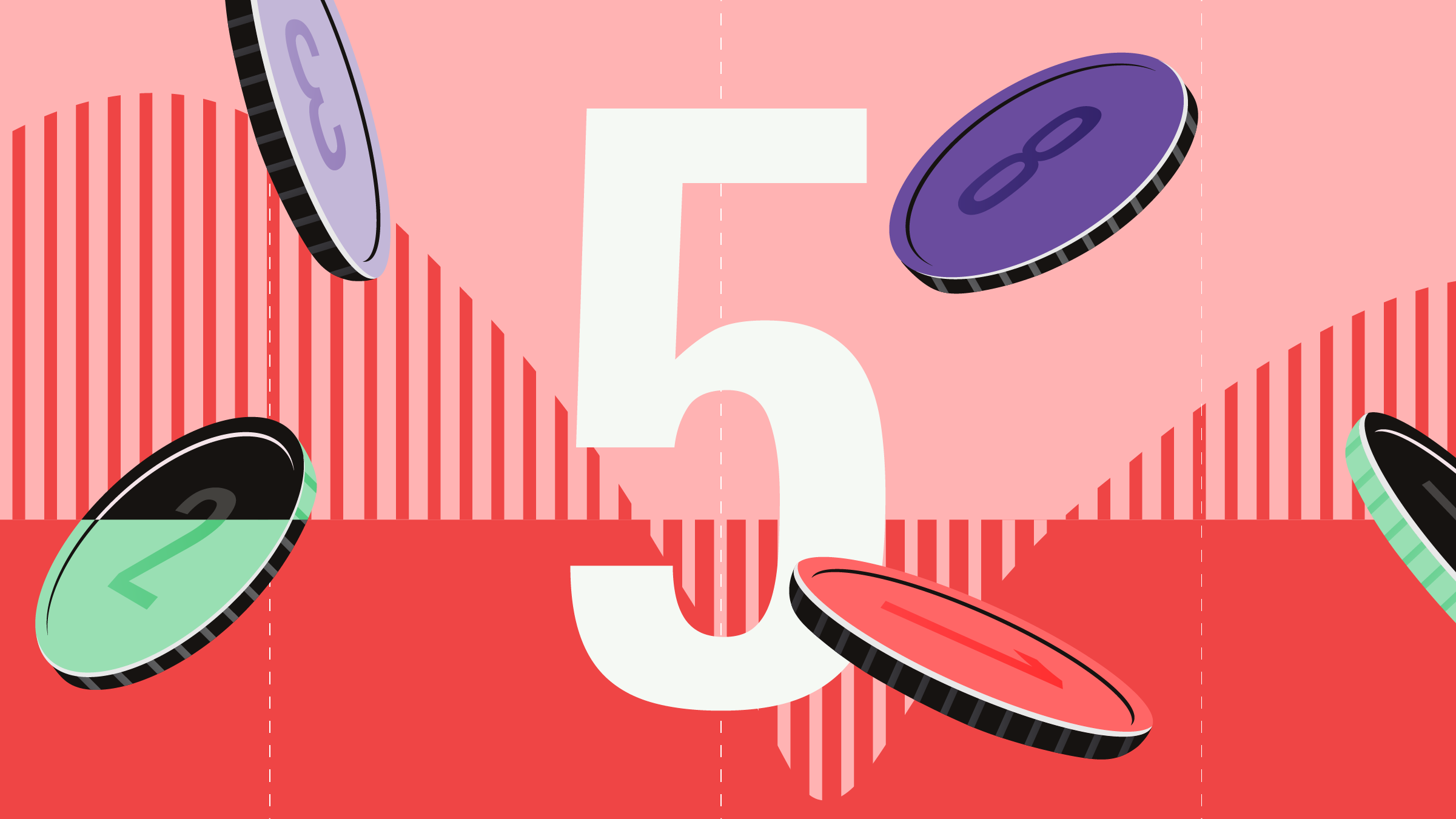Christian Charest: For Morningstar, I'm Christian Charest. Today we're talking with Mr. Nadim Rizk. He is Vice President and Senior Portfolio Manager Global Equities with Fiera Capital and manages, among others, National Bank Global Equity.
Mr. Rizk, thank you very much for being with us today.
Now, your investment style is bottom-up, meaning that for you, selecting individual stocks takes priority over regional or sector analysis. So let's talk about some of your current picks. The largest holding in your global portfolio right now is Moody's, the bond rating firm. What attracts you to that stock?
Nadim Rizk: A lot of things that attracts us to that. So Moody's is a company that we first initiated on when it first went public in the early 2000s. We owned it throughout until the 2006 period. We exited that position because we thought it was a little bit too expensive and we had other opportunities elsewhere. Later we knew that we were going to go through the big financial crisis and that was going to give us another opportunity to own it. So we started looking at it again by the end of 2008 and we started buying it back in the end of '08, early 2009, all the way to 2011-12, until it became a fairly large and now today the largest position in the fund.
So, a few things we like about the business: The rating business is a business that is effectively controlled by two companies, three companies if you include the smaller company called Fitch. So S&P via McGraw Hill and Moody's effectively control the bond rating business. That's a business that always existed; that's a business that we think will always exist. Somebody has to rate bonds. Most investment policies out there are actually based on ratings and need to be rated.
Moody's also happens to have a very attractive analytics business that also uses a lot of the bond rating data and historical data that they actually sell to a lot of financial institutions and banks, which is pretty attractive. It's a business that also requires minimal capital because it's a service business, hence the returns on capital on that business are very high. The margins also are very high. So Moody's averages between 40% to 45% operating margins, which is very attractive. It throws up a lot of cash flow and historically has done a fantastic job at actually managing its business and its finances, meaning they constantly reinvest in the business at high returns, and any excess capital, they either give it back in dividends or share repurchases, which are two things we like when there is a lot of excess capital in the business.
Charest: Now, the next one is a bit less of a household name, the Japanese firm Keyence.
Rizk: Yeah. So Keyence is a Japanese company. It is multinational in nature. What they do is quality and enhancing production for a lot of manufacturers. I'll give you a simple example: So Keyence, for example, for a beer manufacturer, they will do the systems, the software and the sensors that would actually pick up on a production line any defect, any problems, any empty bottles, any bottles with foreign objects that shouldn't be in there on a very fast-moving production line. What we like about Keyence is that they not only do the hardware and the software, but they also give a complete consulting solution, meaning they come into the client, they look at the production line and they try to optimize it and improve it and they improve the safety as well. So the business is attractive from that perspective because they generate high margins, because it's a one-solution business, but they also do direct selling to the clients. So they don't go through distributors. They sell directly, client by client, because they have that relationship with the client.
It's also a company that's extremely well-run financially. They are very profitable. They are very conservative too. They have no debt. They hold a large cash portion on the balance sheet. We even argue with them that they own too much cash on the balance sheet. It is partially family-owned, so again, very conservative and very strong governance and conservative management as well. So we like it and their foreign business outside of Japan is actually growing fast and is expanding pretty rapidly and we think it can expand for many years to come.
Charest: Another stock that perhaps not all investors are familiar with is the British firm Rotork. Now it has struggled recently, but you've held on to the position.
Rizk: Yeah. So Rotork is a company that specializes in actuators. So before that company, I didn't know much about actuators. Actuators are pieces of equipment that control valves. So historically, in the past, many, many years ago people used mostly physical actuators. These are the big levers that you use to open and close valves. Today they are mostly electronic or mechanical actuators that open and close valves.
Rotork, for a number of reasons, happens to be, we think, if not the best, one of the best global manufacturers of actuators and they dominate that business really well. What happened to the company recently is that Rotork has a large exposure to the energy business, both oil and gas production, but also refineries and pipelines and any oil-related businesses. And as you know, a lot of those companies have been suffering recently with the lower oil price and they have cut their capital budgets and as result, Rotork has actually suffered from those diminished sort of CapEx ratios or CapEx investments. But we think the company is extremely well-positioned. It's very dominant; it's very well-run; the products are top and that eventually as that capital cycle comes back, the business will come back. So we're holding on to it.
Charest: Now your investment approach leads to very low turnover, meaning that when you buy a stock, you usually tend to hold it for a really long time. That said, you did trim your position in Nike recently. What motivated your decision?
Rizk: You're right. We do hold for long periods. So Nike is a company we initially purchased in 2004, so 11 years ago. This is when the new CEO, Mark Parker, came in. We liked him a lot. We believed in his strategy. It's a very innovative company that dominates the sports equipment and gear business. The business has been doing very well since we bought it. It recently, in the last few years, accelerated even more. Both Nike and another competitor called Under Armour have really especially hurt Adidas, especially in the U.S. and the Asian markets.
So the business is doing really well, but despite that we find that the stock has actually advanced ahead of the fundamentals in that case. And as much as we like it, looking at it objectively, we find that the upside/downside is a little bit less attractive today as the stock has gained so much recently. So we've decided to lighten up, take some profits and reinvest in companies that have more attractive upside/downside. If for some reason Nike stock is to correct at some point, we would be more than willing to buy back whatever capital we've actually sold out of it. So that's the only reason we took profits on it.
Charest: Mr. Rizk, thank you very much for sharing your views with us today.
Rizk: Thank you.
Charest: For Morningstar, I'm Christian Charest. Thank you very much for watching.







:quality(80)/cloudfront-us-east-1.images.arcpublishing.com/morningstar/KD4XZLC72BDERAS3VXD6QM5MUY.png)















